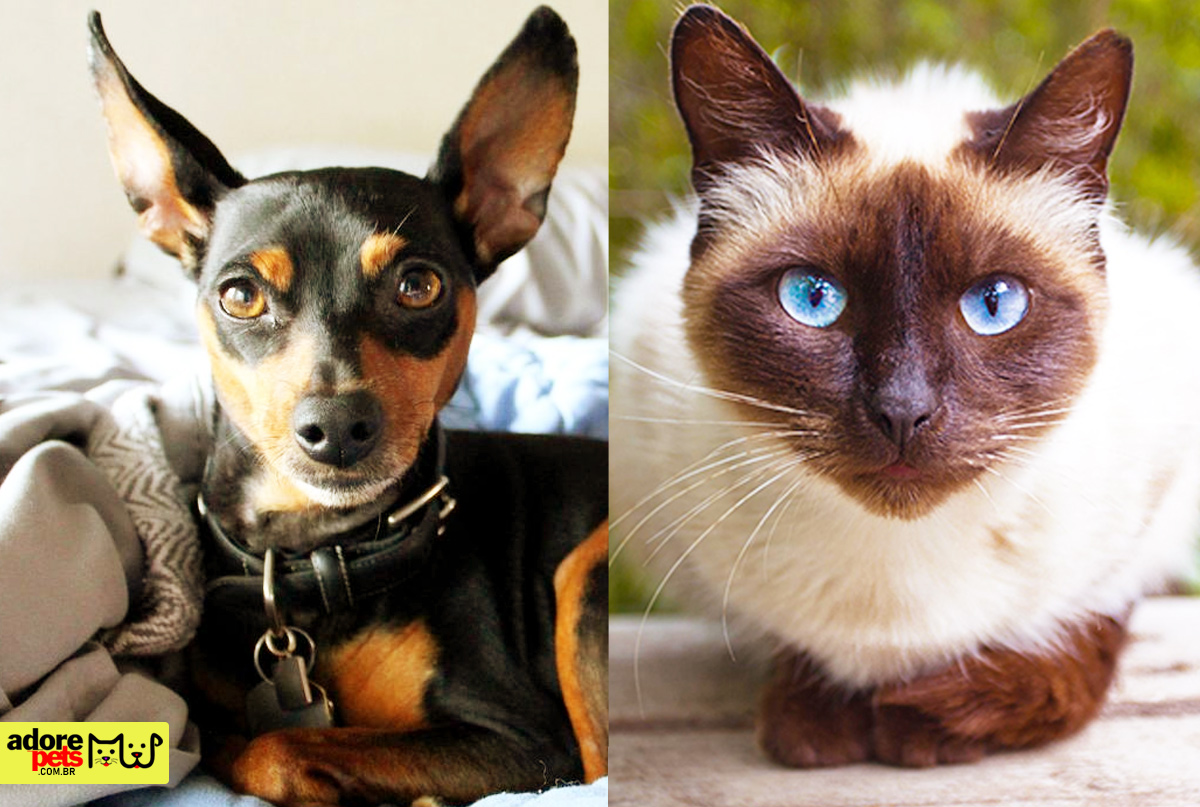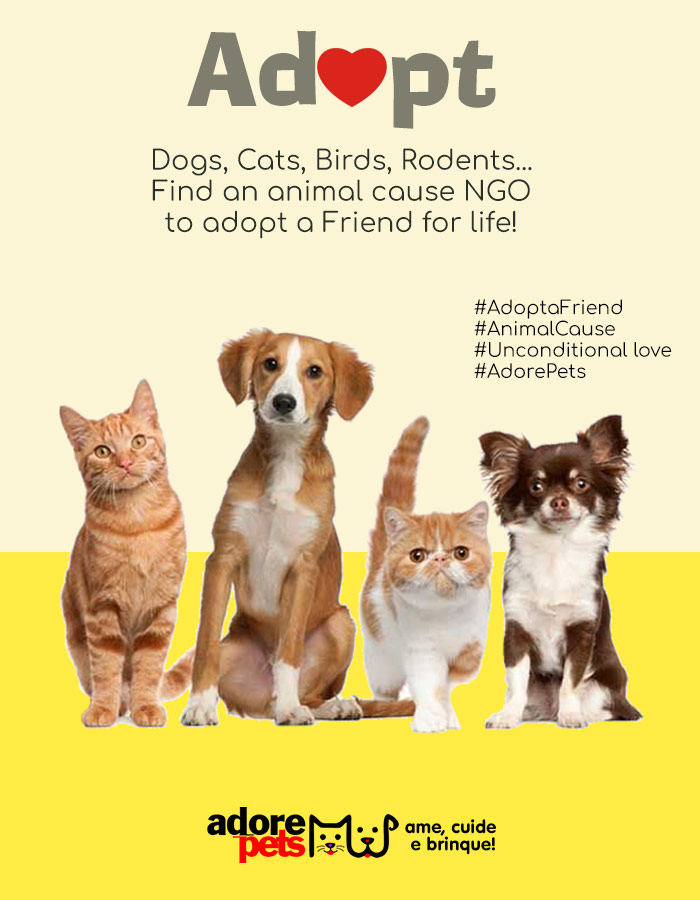The humanization of pets involves treating our pets not just as creatures but as true family members. This growing trend manifests in various ways:
The humanization of Pets and advanced health care
Just as we take care of our children's health, we now seek advanced medical treatments and wellness for our pets. Veterinary hospitals, pet health insurance plans, and even advanced medical procedures are becoming more common.
Quality nutrition
Concern for the quality of pet food has increased significantly. We opt for premium pet food and customized diets to meet our pets' specific needs, recognizing that good nutrition is essential for a long and healthy life.
Behavior and training
We understand that the humanization of pets includes emotional and behavioral needs. We invest time and resources in training, socialization, and even behavioral therapy to ensure that our pets are happy and well-adjusted.
Spoiling and attention
We pamper our pets with affection, attention, and indulgence. This may include toys, clothing, accessories, and even pet spas. The comfort and happiness of our furry friends are always a top priority.
Communication
While we may not speak our pets' language, many of us try to understand their needs and feelings more deeply. Behavioral research and non-verbal communication have become areas of growing interest in humanization.
Companionship and inclusion
We take our pets everywhere possible, from car trips to pet-friendly restaurants and hotels. They have become our constant companions and are included in our daily lives.
"Lulu is not just a cat to me; he is my escape from a hectic routine. Over the past 4 years, he has been my partner in tough times, always there, purring on my lap and offering silent support. I invest in quality food to ensure he has a long and healthy life, and I even got health insurance for him. Our movie nights with popcorn and him playing with his paw on me by my side are moments I deeply cherish. Lulu is not just my pet; he is my family," said nurse Laura Rocha, from Senhor do Bonfim - Bahia/Brazil, and owner of a Siamese cat.
While the humanization of pets has many positive aspects, it is also important to remember that our pets still have species-specific needs, and we should respect their individual nature. Furthermore, this trend raises ethical issues, such as responsible breeding and adopting animals from shelters.

Ultimately, the humanization of pets is a reflection of the deep love we feel for these special members of our families. This transformation in how we care for them is a sign of progress in our society as we recognize the importance of honoring and nurturing the bonds we share with our four-legged companions.
"Farelo is my life partner. When my father passed away, he was there every day, cheering me up as if he knew I needed it. Since he was little, I've trained him to be obedient and well-behaved, but I've also taught him to be close. We spend hours together at home, walking in the park, and his enthusiasm always makes me smile. Every day with Farelo is always a gift, and I would do anything to ensure he has a good life. He's not just a dog; he's my best friend and companion," said Professor Carlos Benigno, from Senhor do Bonfim - Bahia/Brazil, and owner of a Pinscher dog.
These testimonials reflect the deep emotional connection that people have with their pets and how these bonds translate into the humanization of pets. They have become more than just pets; they are beloved members of our families and play significant roles in our lives.

















Add comment